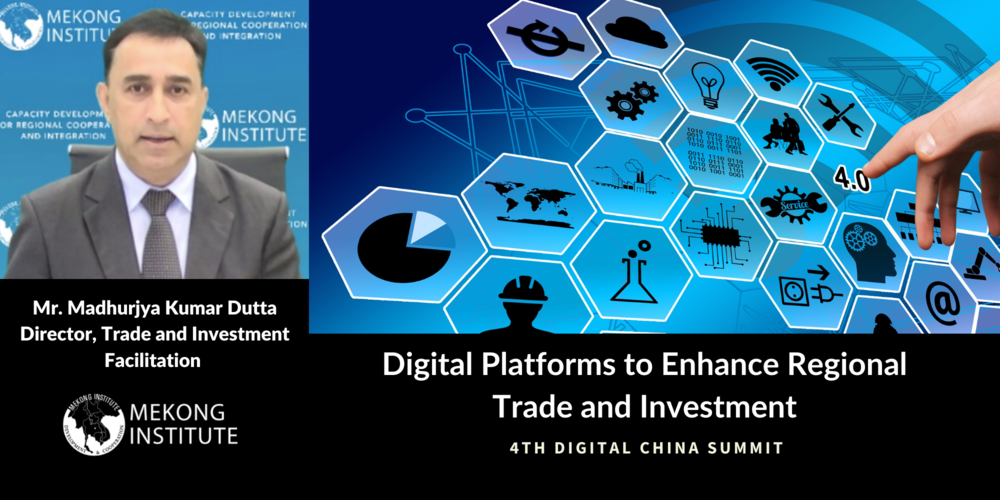Digitalization is creating new trade opportunities for countries and companies to access wider markets and make more competitive their products
he said, before emphasizing that measures such as open databases must be set in place to help more people better understand intra-country trade regulations, policies, and current trends for effective trade and investment facilitation.
Beginning in the early 2000s, MI has been developing online database platforms to encourage more business investments, widen networking opportunities, and institutionalize information-sharing among Greater Mekong Subregion (GMS) countries in the areas of logistics, special economic zones, as well as business products and services.
These platforms, which are supported by the Lancang-Mekong Cooperation Special Fund and Mekong-Republic of Korea Cooperation Fund, and the Japan-ASEAN Integration Fund, include the Economic Zone Database, GMS Economic Corridor Database, GMS Logistics Database, and the Lancang-Mekong Business Forum Database.
To date, over 2,000 companies are registered on these platforms where an average of 3,000 business group and private sector representatives regularly access the sites, encouraging networking and other business-to-business activities.
Hosted by the China Center for Urban Development with support from the National Development and Reform Commission and the Cyberspace Administration of China, the Forum was attended by over 100 onsite and online participants from April 25 and 26, 2021. The two-day forum also featured an exhibition, sub-forums, and an innovation contest, which all focused on highlighting approaches of how digital transformation can advance governance, economy, ecology, information technology, urban construction, and rural revitalization across China and ASEAN countries.








